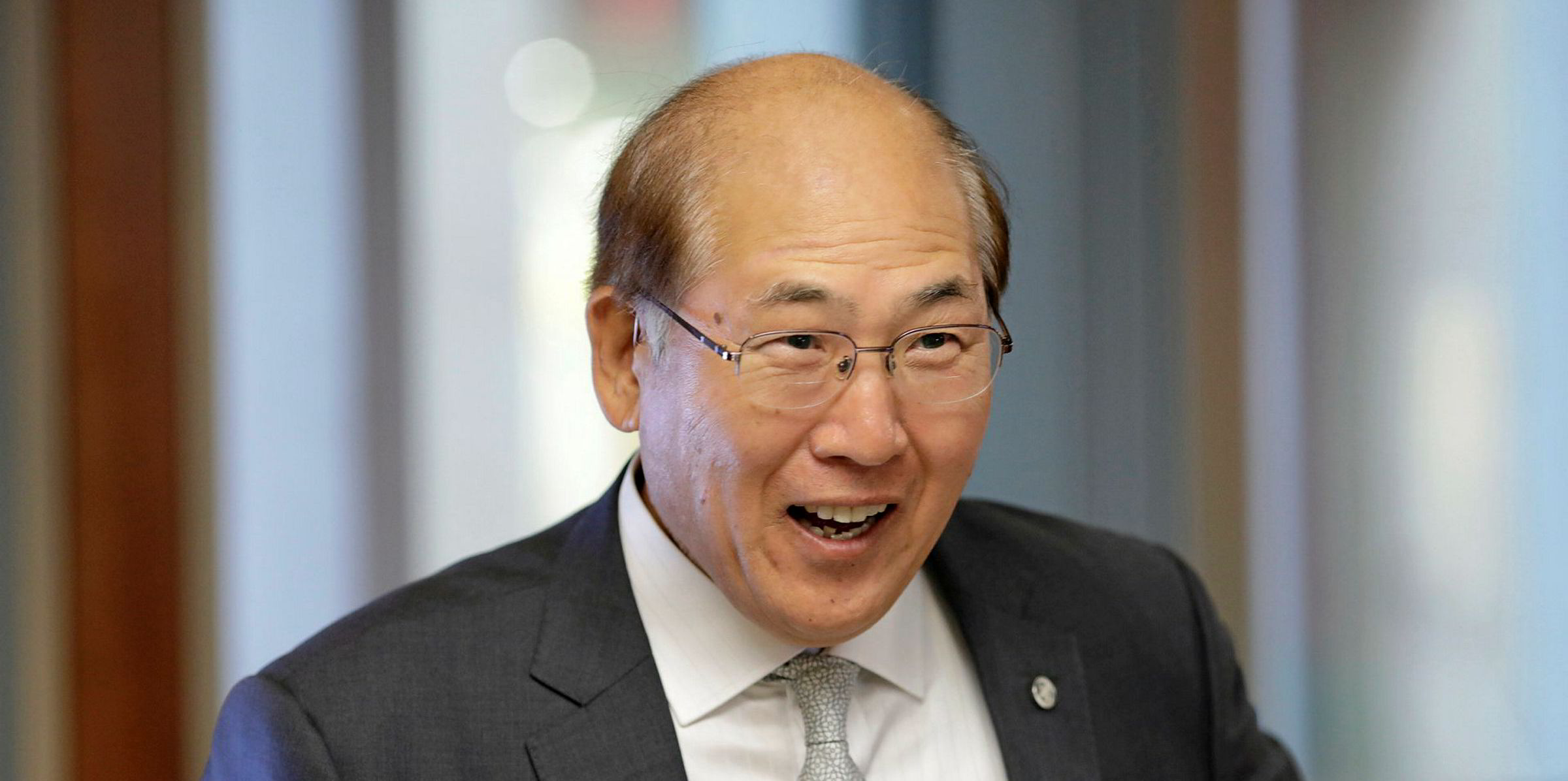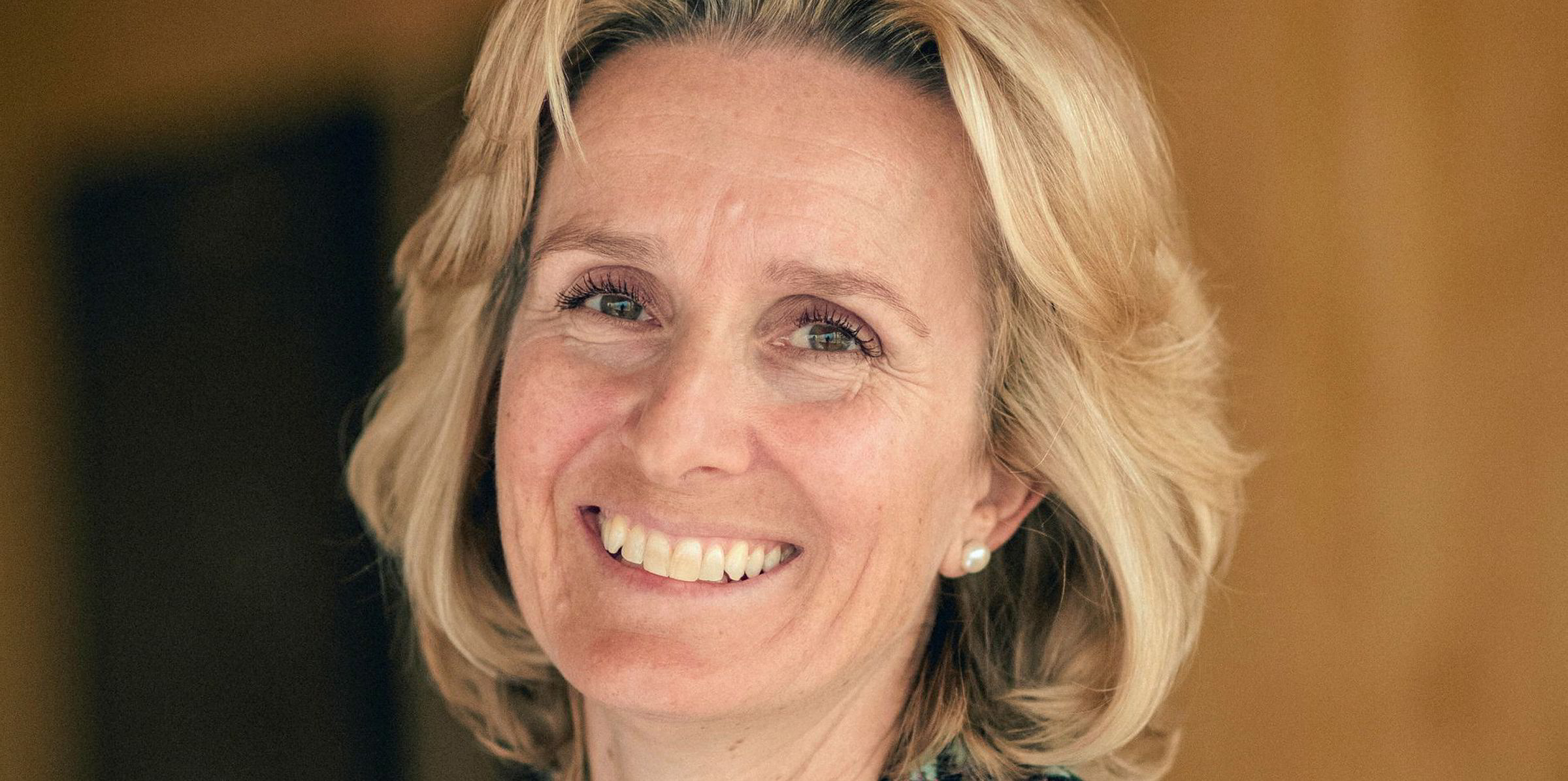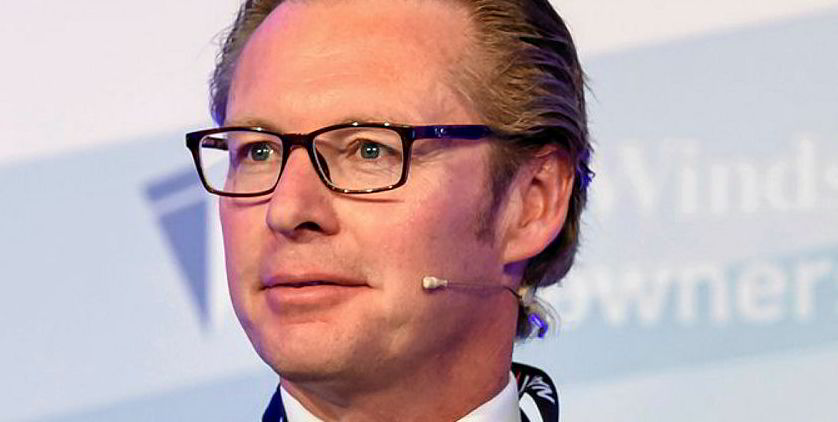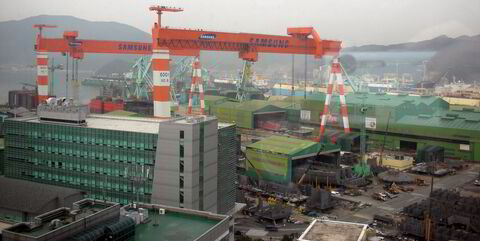The International Maritime Organisation has heeded calls from environmental groups to hold a virtual meeting to discuss decarbonisation regulations.
The London-based regulator said the meeting will be held between 6 and 10 July, and all member states, non-governmental organisations with consultative status, and other United Nations bodies are invited.
Having postponed all of its face-to-face meetings between early March and the end of July due to the Covid-19 crisis, the IMO said the upcoming online discussions will allow for “preliminary exchange views” on proposed rules.
But the IMO also stressed that the meeting would be “informal” and no decisions would be made.
Can formal meetings move online?
There has been speculation that the UN body is planning to have some online discussions on a trial basis before considering whether formal meetings can be conducted by online video and audio.
The upcoming meeting will be held in English only, but a formal IMO session could require interpretation to its six official languages.
Environmentalists have been asking the IMO to hold digital forums for weeks, fearing that the continued postponements of face-to-face meetings would delay the regulatory process.
If short-term decarbonisation measures are to come into force by 2023, as the IMO plans, member states have to finalise the rules this year.
Under the IMO’s formal regulatory procedure, states would approve the rules at the Marine Environment Protection Committee (MEPC) sessions after ironing out their details at intersessional working groups.
But the intersessional working group and the 75th MEPC session scheduled in March and April did not take place, and the IMO has yet to reschedule them.
Calls for transparency
In early May, the Clean Shipping Coalition (CSC), Greenpeace International, Pacific Environment and the World Wide Fund for Nature — four environmental groups with consultative status — requested the IMO to establish transparent digital channels soon.
Some member states have held some online meetings of their own in recent weeks over the decarbonisation rules, but those have only involved select countries and have excluded environmentalists.
On 3 June, the International Chamber of Shipping held an online meeting with more than a dozen countries to discuss technical and operational measures that could reduce greenhouse gas emissions from maritime transport.
“It’s not meant to reach any agreement ... outside of the IMO,” a participant told TradeWinds, “[It’s] just [to] make sure we have open channels of communication.”
However, an environmentalist, whose organisation is part of the CSC, said: “It is hard to shake off the feeling that the exclusion of CSC ... was aimed to influence the IMO decisions with backroom deals without scrutiny from the civil society organisations.”
“This looks like an attempt to silence those who speak with science and data and whose presence in formal negotiations might be a nuisance for industry leaders.”






